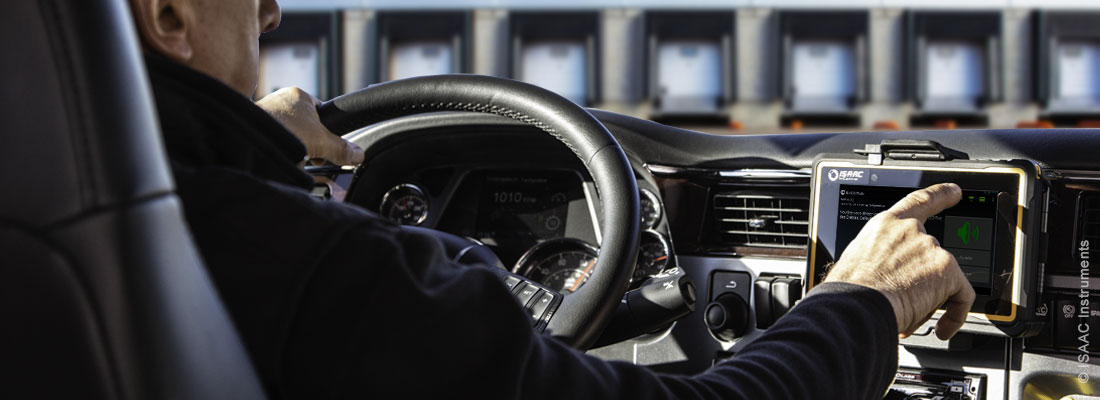Moving ahead through the integration of technology is synonymous with change and the upheaval of practices. And where there is change, there is resistance to change. Human nature is averse to the unknown. It is even a sign of critical thinking and intelligence. So, how do you successfully foster change, knowing you will meet resistance?
Understanding the impact of change
Whether you are looking to implement a telematics solution or replace the one you are currently using, it is bound to affect the work of your employees. How people react to change depends on the extent of the impact on their day-to-day tasks.
For example, if you ask drivers who have been working with paper logs for years to use an electronic logbook, they will need time to adjust. They are used to calculating their hours and recording their activities themselves. You are asking them to replace the work tool they use every day. They will have to find their bearings and become familiar with the technology. You cannot ask them to invest time and effort in learning new work methods without explaining how they will benefit.
The arrival of new technology such as telematics in your organization also affects dispatchers as well as compliance and accounting professionals. They will have to undergo training and learn to navigate new software. Although a solution such as ISAAC’s provides many benefits thanks to automation, users have to know how to take advantage of them.
Support: the key to success
Oddly enough, the stages of change are similar to those of grief: denial, decompensation, resignation, and integration. To ease people through these phases, it is important to understand the impact of change, and above all, to communicate throughout the process. If you are responsible for overseeing or implementing change, don’t just throw your colleagues into the deep end!
To facilitate acceptance of change, the most important element is support. And that starts with listening. Let your colleagues share their concerns. No matter the change, even when it is positive, people can feel as though something is being taken away. They wonder how things will change for them. Listen, show empathy, and inform them of the benefits of the change.
Then explain to users how they can be part of the change. What is their role? How can they contribute to implementing the technology? To accept change, you have to believe you are part of the solution. That will help renew your colleagues’ motivation.
Since people go through the phases of change at their own pace, some will come to accept the change more quickly than others. Make the most of it and reward their efforts to boost their feeling of engagement. Identify these people and make them ambassadors to assist colleagues throughout the process.
Successfully managing change
You now have a general idea of how to tackle and manage change. Get even more tips and tricks in the Transportation and technology: going forward without flooding the engine white paper. Learn best practices for managing change when implementing a telematics solution. Follow the guidelines in the white paper for support and you will be sure to stimulate motivation throughout your organization.

